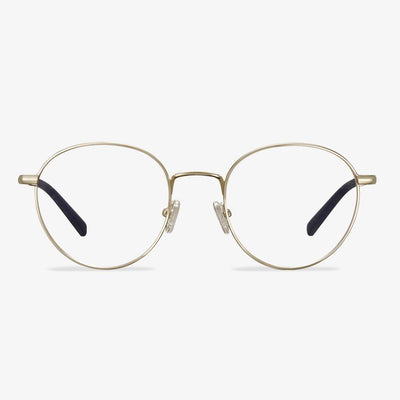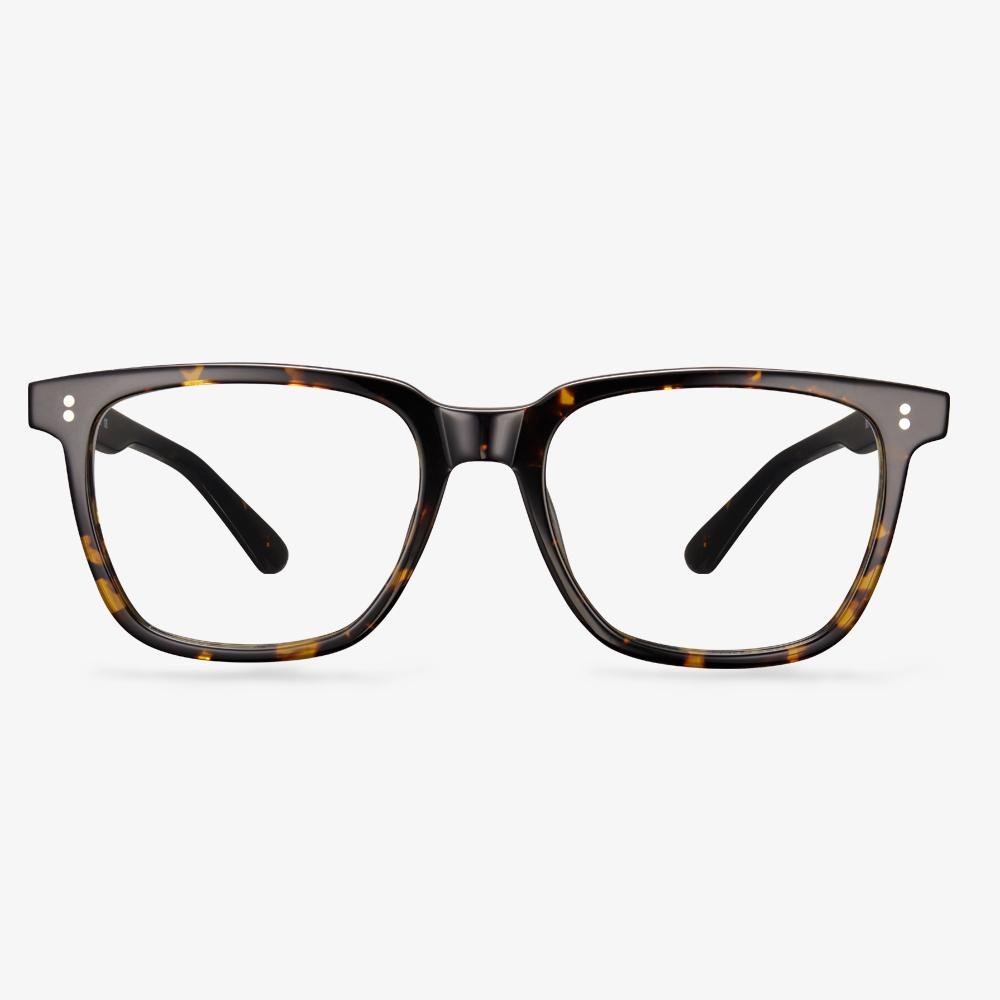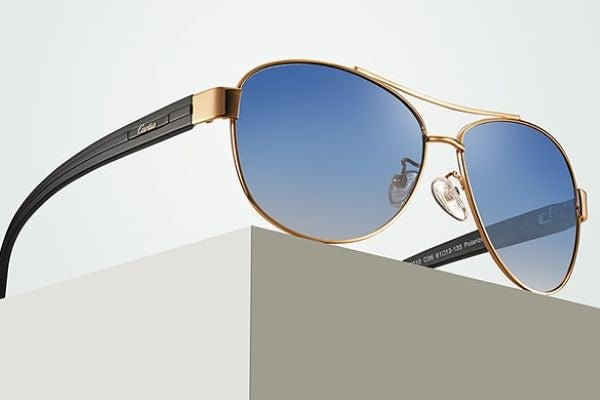Evolution of hard coating technology
The first generation of the use of hard coating technology began in the early 1970s, the quartz material is deposited on the surface of a resin lens under vacuum conditions, form a very hard anti-wear film. However, due to the mismatch between the thermal expansion coefficient and the film base material, it is easy to delaminate and crack the film. Instead, it forms the mottle on the surface of the lens, and the effect is not optimal.
The second generation of hard coating technology is the use of the 1980s. The surface of the resin sheet is coated with a material with high hardness and not easy to be brittle and cracked by an immersion process. At this time, anti-reflection coating lenses had appeared and gained the recognition of consumers, but the mismatch between adding hard coating and anti-reflection coating still caused serious lens wear.
The third generation of hard coating technology was developed in the 1990s, mainly in order to solve the problem of wear resistance after coating resin lenses with an anti-reflection film. The hardened material evolved into a polymer organic matrix material.
Fourth-generation coating technology is dominated by silicon atoms, in which the hardened solution contains both organic substrates. It contains inorganic ultrafine particles, including silicon elements, which make the hard coating not only tough but also hard.
Types of Bifocal Lenses
Executive: in this type of bifocal lens, the lens is separated completely from each other and the upper part of the lens and the lower part of the lens are divided into two equal halves. There is a distinction line and it is visible.
Progressive lens: these types of lenses are more popular than the other kind of lenses. There is no line in the progressive lens. There is a slow transition of the power from the upper part of the lens to the lower part of the lens.
Progressive multifocal lenses: a progressive multifocal lens gradually changes power from the upper part of the lens to the lower part of the lens and gives a smooth transition between the two different types of bifocal lenses. There is no distinction line in the lens. They are popular because they provide better adaption, comfort, and clarity than the other lenses.
Advantages of Photophobia Glasses
Although the best way to deal with light sensitivity is to address the underlying causes, several studies have indicated that light sensitivity glasses may be helpful in alleviating and reducing discomfort when it comes to light sensitivity. After wearing the photophobia glasses, many symptoms such as headaches or eye pains, etc will be relieved.
How To Use Contact Lens Correctly?
Check your eyes for abnormal cases. Do your eyes sting or dry? If so, it is recommended not to wear contact lenses for the time being. Look in the mirror to see both eyes carefully, if it is red and swollen or if is both eyes full of bloodshot? If you do, you can no longer wear contact lenses, and you can go to a professional store for inspection. After putting on the contact lenses, block the left and right eyes respectively to see if the vision of one eye is clear. If the eye vision has decreased or blurred, check if the lens is dirty. If the lens is still the same, you should go to a professional store to find out the reason.
Use your two hands to wear and take off the glasses.
When you pick and wear glasses, you need to grab the temples with both hands and take them off. When you pick and wear glasses with one hand, it is easy to cause deformation and loosening of the glasses. According to the convention of international glasses design and manufacture, you should fold the left temple first. When placing glasses, keep the convex side of the lens up to avoid scratches on the lenses.
Understand the impact of frame selection on the lens
Frame size is an important consideration when using progressive lenses because some progressive lenses work better in frames of different sizes. Since progressive lenses allow you to see at all distances, it's important that the whole range of vision fits within the frame. Therefore, very short lenses and larger lenses are not suitable for progressive lenses.
Driving Sunglasses Brands
Ray-Ban polarized sunglasses
Polarized sunglasses filter polarized light. If the lenses are in dark colors (such as tan, green-gray, etc.), they are more comfortable to wear in summer. Polarized lenses are globally recognized as the most suitable lenses for driving. Glare is caused by light that is partially polarized when reflected off an object's surface. The adverse effect of glare- is to enhance brightness and reduce color saturation. It outlines the object becomes blurred and the eyes become tired, uncomfortable. A polarized lens is made according to the principle of the polarization of light, which has the special function of effectively eliminating glare, filtering the disordered light, so that the driver can improve vision and add fun to driving.
Dailisi Men's Driving Polaroid Sunglasses
It suits face shapes like rounded rectangular, square, square, and inverted triangle shapes.











































